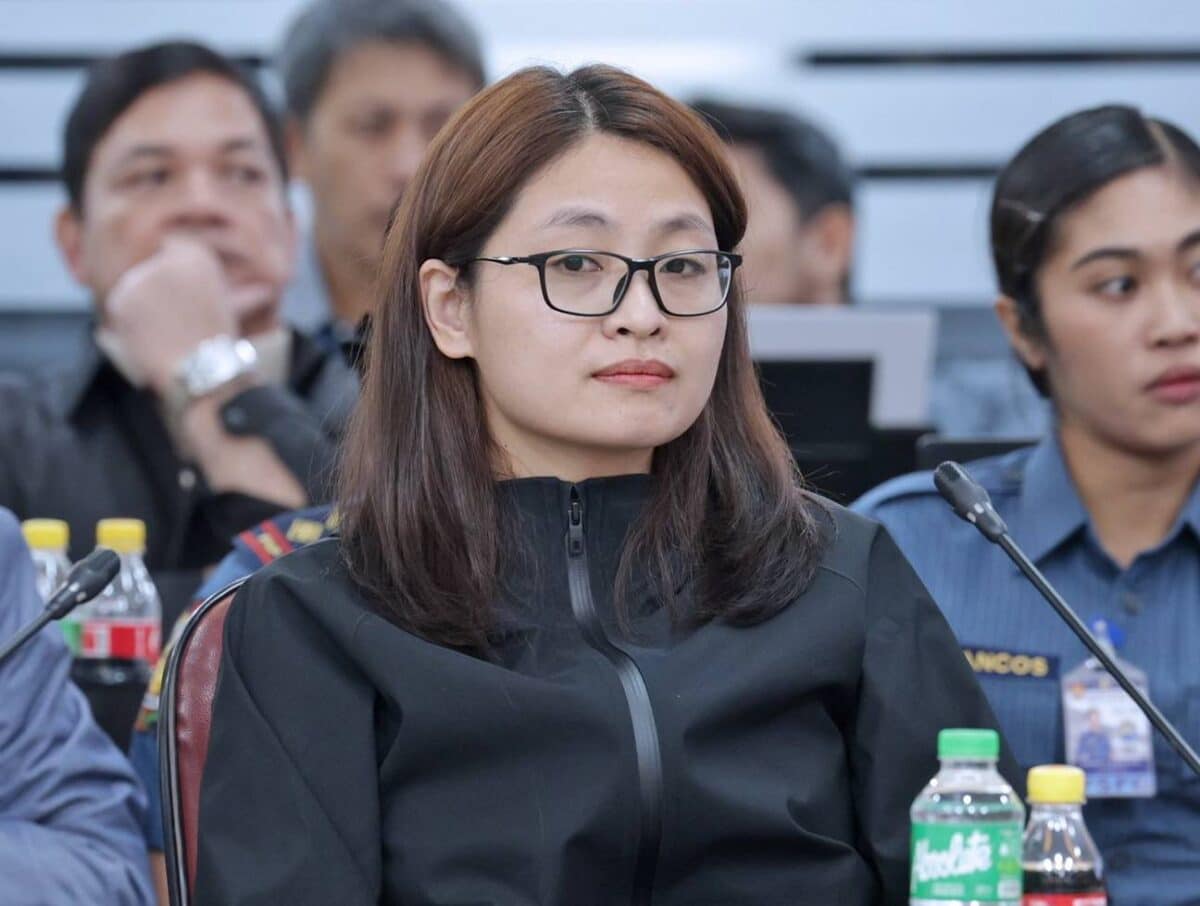
Dismissed Bamban mayor Alice Guo during the House quad panel hearing on Philippine Offshore Gaming Operators on Thursday, September 19, 2024. — HOUSE OF REPRESENTATIVES PHOTO
MANILA, Philippines — A bill seeking to amend the country’s 83-year-old espionage law to enable it during peacetime was filed at the House of Representatives.
In a statement on Monday, Cagayan de Oro 2nd District Rep. Rufus Rodriguez confirmed that he filed House Bill (HB) Nos. 10983 and 10988, which seek to amend the Commonwealth Act No. 616 enacted in June 1941, and the espionage provisions in the Revised Penal Code, which took effect in 1932.
“We have to be wary of these Trojan horses, especially our compatriots who sell their souls and services to foreign interests,” he said.
“There is a need to review these laws and amend the same to make them adapt to the situation in light of evolving global security threats, technological advancements, and the changing nature of espionage activities,” he added.
Rodriguez said HB No. 10983 seeks to amend RPC’s Article 117 to prohibit espionage during peacetime and wartime.
On the other hand, HB No. 10988, if enacted, would expand the coverage of espionage under Commonwealth Act No. 616, while providing stiffer penalties.
“[These bills seek] to address these concerns by amending and augmenting current legal provisions to provide comprehensive protection against espionage and related offenses,” Rodriguez said.
“By enhancing penalties and updating definitions to align with contemporary security challenges, the legislation aims to bolster the Philippines’ ability to preserve and protect its national security interests,” he added.
Provisions of Commonwealth Act No. 616 state that the espionage law can be applied only if it was committed during wartime.
Under HB No. 10983, espionage is punishable by prison correccional whether in times of peace or war. HB No. 10988, on the other hand, aims to impose the following penalties for espionage:
- life imprisonment and a fine of not less than P2 million
- life imprisonment or a fine of not less than P1 million or both
- imprisonment of not more than 30 years or a fine of not less than P500,000 or both
- a jail term of 10 years to 12 years or a fine of not less than P500,000 or both
Rodriguez urged Congress leaders to prioritize the approval of his bills, especially since the country’s defense establishment seeks stiffer penalties and greater coverage for espionage amid fears that some individuals are spying or collaborating with other countries.
READ: Chinese espionage in PH: ‘They come in many forms’
Talks of Chinese spies being among Filipino citizens came after dismissed Bamban, Tarlac mayor Alice Guo was accused of being a Chinese national.
Espionage allegations intensified when Guo appeared to lose her cool after Davao Oriental 2nd District Rep. Cheeno Almario presented a video documentary from foreign news outlet Al Jazeera about Chinese spy She Zhijang during the hearing of the House of Representatives’ quad committee last September 27.
In the video, She Zhijang claimed that he funneled funds to Guo Hua Ping — believed to be Guo’s true Chinese identity — for her election campaign in the Philippines.
The documentary also showed Guo’s alleged hometown in Fujian, China, which sat close to a Chinese Communist Party office.
Guo was seen sneering while Almario was talking, shaking her head several times. Her replies were also different from her usual claims of not remembering details and refusing to answer questions to avoid self-incrimination.
Despite the allegations, Guo maintained that she was not a Chinese spy.
READ: Agitated? Alice Guo loses cool after House shows docu on Chinese spy